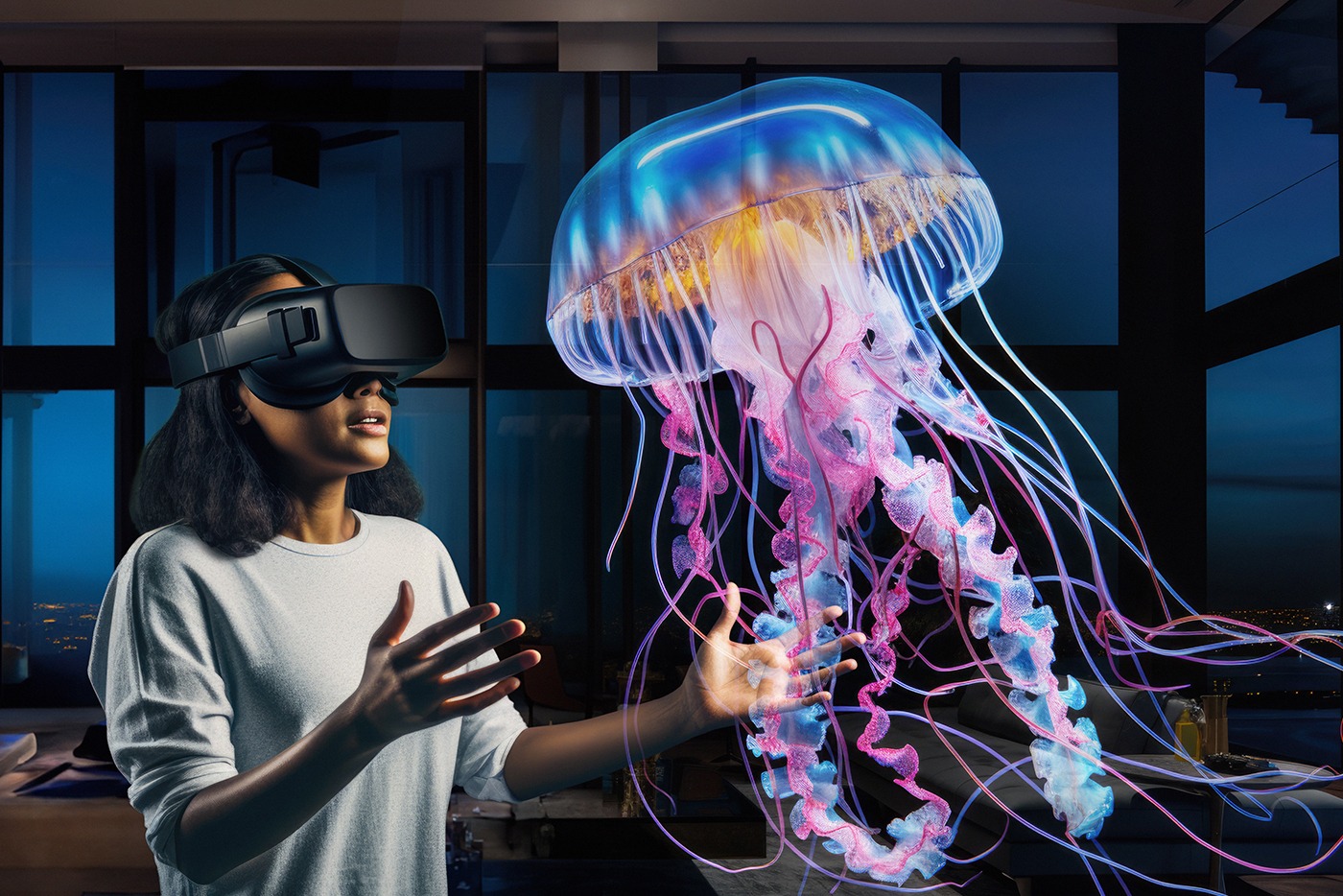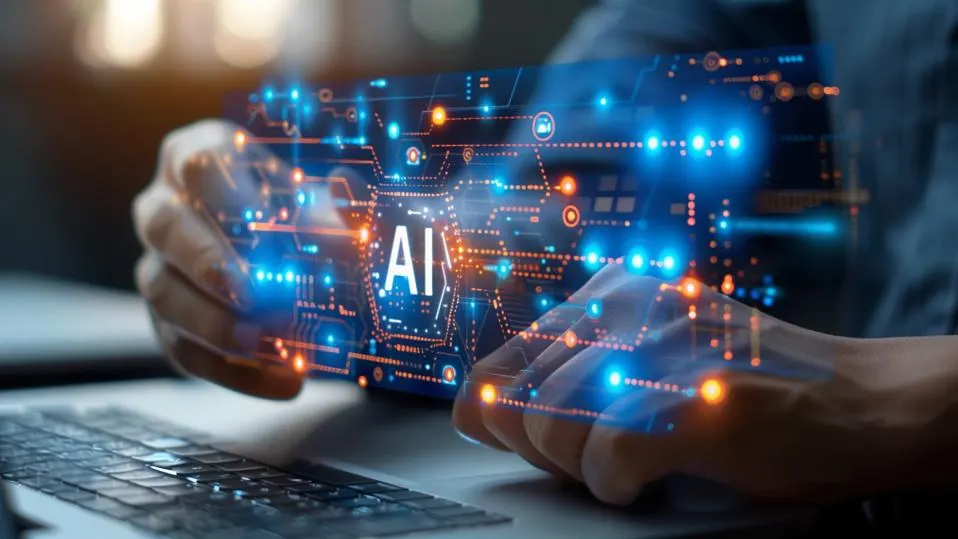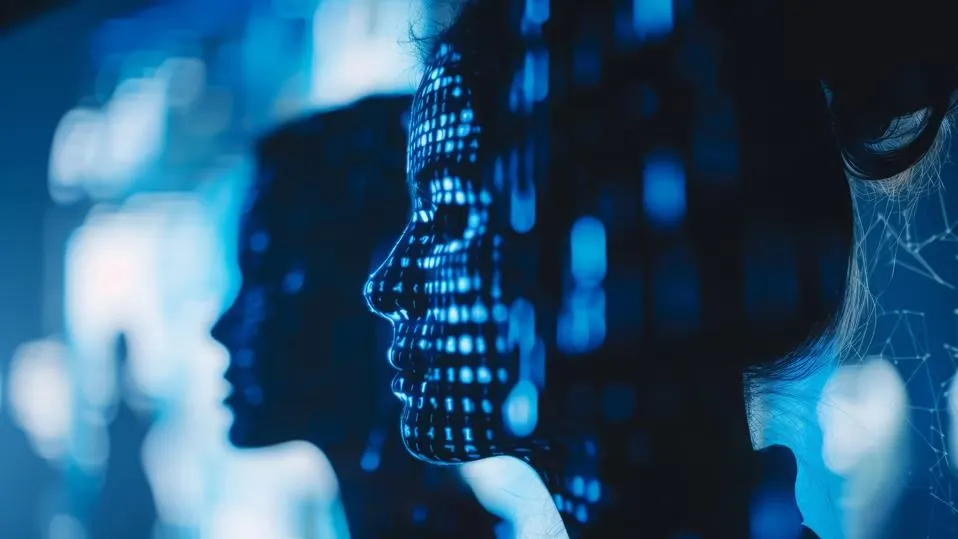Unlocking The Future Of Learning: How XR Tech Transforms Education
11 November 2023
In the metaverse era, education as we know it will change. And I’m not just talking about formal education in schools, colleges, and universities – but also workplace learning and lifelong learning. Here are three examples that highlight how education will evolve.

1. Extended reality (XR) Technologies Will Make Learning More Immersive
XR encompasses the spectrum of immersive technologies, including augmented reality (AR) and virtual reality (VR). Make no mistake, these are metaverse technologies. After all, VR allows us to immerse ourselves in virtual worlds (which is what the metaverse is all about), while AR allows us to bring elements from the digital world into the physical world around us.
These immersive metaverse technologies will play a key role in education going forward. AR, for example, is great for bringing subjects to life by projecting digital elements into the classroom or overlaying graphics and animations onto real-world objects. Meanwhile, VR can transport students to a completely different place and time. A great example comes from the Google Expeditions app, which is designed for teachers to use with their classes and features hundreds of adventures to choose from across history, science, the arts and the natural world. Students can go on an immersive simulated experience to the Louvre, for instance, or Mount Everest.
The potential to make education more interactive and engaging is huge. VR and AR can help students learn by doing and seeing, as opposed to simply reading about something. This more experiential approach makes it easier for learners to absorb and remember information. Evidence suggests that learning through experience can increase the quality of learning and promote knowledge retention by as much as 90 percent. Bottom line, immersive metaverse technologies provide an amazing opportunity to aid the transfer of knowledge.
Anything that boosts the transfer of knowledge is obviously great for formal education institutions, but don’t overlook the potential for VR and AR to transform lifelong learning. Whatever you want to learn as an adult – a new language, say, or a musical instrument – chances are an immersive learning experience will help you retain that information. If you want to give it a try for yourself, you could check out the PianoVision app (available on the MetaQuest gaming headset), which uses both AR and VR to teach piano. The AR element is used to project graphics directly on top of the piano or keyboard in front of you, showing you where to place your hands, while VR allows you to practice on a completely virtual piano. That’s right, you don’t even need to own a keyboard or piano to learn to play one!
2. Students Will Transition To Hybrid Learning Environments
The pandemic showed us that remote learning can be done successfully. But now that students are back in the classroom, will we forget about online learning? I don’t think so. I believe formal education will increasingly adopt a hybrid approach, with learning split across the physical classroom and shared virtual environments (metaverse classrooms, basically).
The Roblox metaverse platform is already doing this, offering virtual classrooms that enable remote learning experiences. And these learning experiences can take place in real-world or made-up scenarios. In fact, in Roblox, there are millions of user-generated worlds that can be used as education settings – spanning everything from recreations of historical events to physics simulations. Students and their teachers can log in from anywhere, whether they're at home or in the classroom, allowing for more remote learning opportunities.
In the US, high school Dallas Hybrid Prep is already following a hybrid model, with students spending some of their time learning within the STEMuli educational metaverse platform. Students can access the platform from home, join up with their teachers and complete game-style assignments, complete with virtual avatars.
3. Organizations Will Train Their Employees In The Metaverse
There’s no doubt a hybrid approach can be applied to workplace training just as well as traditional education. Employers may use a blend of virtual classroom training alongside training in the physical workplace.
But there’s another way the metaverse may overhaul workplace learning – and that is the use of virtual simulations. If you think about it, in the metaverse, employers can build whatever training scenarios they want. Customer service training in a virtual store with virtual customers. Health and safety lessons in a virtual environment that’s fraught with hazards. Engineering training that takes the user “inside” the workings of a machine. Anything can be simulated in the metaverse – including those scenarios that are too difficult or dangerous to recreate in the physical world.
BP has done something like this at its oil refinery in Hull, England, using VR to train employees in startup and emergency exit procedures. The company partnered with Igloo Vision to create a six-meter igloo VR simulator. Inside the igloo, employees could experience an extremely detailed replica of the plant and practice critical safety tasks, all in a safe, virtual setting.
Related Articles
Can Your Device Run Apple Intelligence? What You Need To Know
Apple's announcement of Apple Intelligence has sent waves of excitement through the tech world.[...]
10 Amazing Things You Can Do With Apple Intelligence On Your IPhone
Apple Intelligence is poised to revolutionize the iPhone experience, offering a suite of AI-powered tools that promise to make your digital life easier, more productive, and more creative.[...]
Agentic AI: The Next Big Breakthrough That’s Transforming Business And Technology
The world of artificial intelligence is evolving at a breakneck pace, and just when you thought you'd wrapped your head around generative AI, along comes another game-changing concept: agentic AI.[...]
The Employees Secretly Using AI At Work
Imagine walking into your office and noticing your colleague Sarah effortlessly breezing through her tasks with uncanny efficiency.[...]
Battling AI Fakes: Are Social Platforms Doing Enough?
Since generative AI went mainstream, the amount of fake content and misinformation spread via social media has increased exponentially.[...]
Creating The Universal AI Employee Of The Future
Imagine a world where your most productive employee never sleeps, never takes a vacation, and can seamlessly adapt to any role you need.[...]
Sign up to Stay in Touch!
Bernard Marr is a world-renowned futurist, influencer and thought leader in the fields of business and technology, with a passion for using technology for the good of humanity.
He is a best-selling author of over 20 books, writes a regular column for Forbes and advises and coaches many of the world’s best-known organisations.
He has a combined following of 4 million people across his social media channels and newsletters and was ranked by LinkedIn as one of the top 5 business influencers in the world.
Bernard’s latest book is ‘Generative AI in Practice’.










Social Media